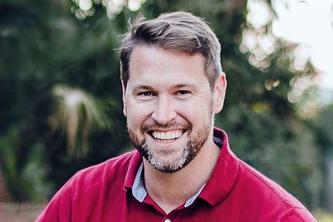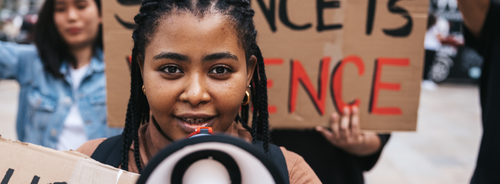
Creating a more just society
The U of M Law School’s new Racial Justice Law Clinic will tackle discriminatory practices and fight for individuals and communities facing race-based oppression through the law, creating a new generation of lawyers who are prepared to advocate for justice and change.
Building a better world Creating a more just society
People and organizations continue to advocate for justice and change in Minnesota, confronting stark racial inequalities and persistent violence against communities of color. A new legal clinic at the University of Minnesota Law School (Minnesota Law) aims to target systemic racial inequalities and discrimination while training future lawyers in this critical work.
The Racial Justice Law Clinic officially launches this fall, serving as an avenue for law students and faculty to tackle discriminatory practices and fight for individuals and communities facing race-based oppression. The clinic will be headed by Liliana Zaragoza, a newly appointed associate clinical professor of law who most recently worked as an assistant counsel at the NAACP Legal Defense and Educational Fund.
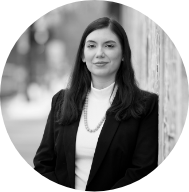
Zaragoza calls it her life’s work to champion the rights of BIPOC individuals and their communities.
She believes the clinic’s racial justice seminar and hands-on experience will give future lawyers the advocacy skills they need to advance equity and justice.
“Through their casework, students will learn how to engage in client-centered and movement-led lawyering in service of racial justice, equity, and liberation for our communities,” says Zaragoza.
The clinic will aim to make a difference
The clinic will aim to make a difference in key social justice areas including

Criminal legal system
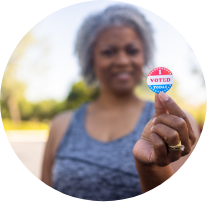
Voting rights

Education

Employment

Housing
Second-year law student Lucy Chin was drawn to the clinic after completing a master’s degree in social work at Washington University in St. Louis, in part because of her experiences in that city.
“I was in St. Louis when Michael Brown was shot and killed. I was not in Minneapolis for George Floyd's killing, but many of the conversations … the emotional reaction was similar.”
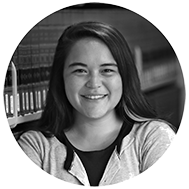
Her goal is to eventually return to St. Louis to work in local or state government advocacy, particularly in the areas of civil rights and criminal justice reform.
“There are disparities within the criminal justice system—racial, economic. and otherwise,” says Chin. “[But] the kind of protections that are in place on paper through the Constitution and through our laws and systems are not implemented the same way for everyone.”
The clinic’s initial work will involve meeting with community groups, community organizers, nonprofits, lawyers, and other leaders in the Twin Cities to learn about their priorities and how to work together to address them. Through this outreach, clinic faculty, law students, and community members will develop a docket of cases to pursue.
“There are a lot of similar disparities and systemic gaps and issues of disinvestment in Minneapolis and St. Louis,” says Chin. “I am excited to get to know and get connected with some of the movement work that's happening in the Twin Cities.”

